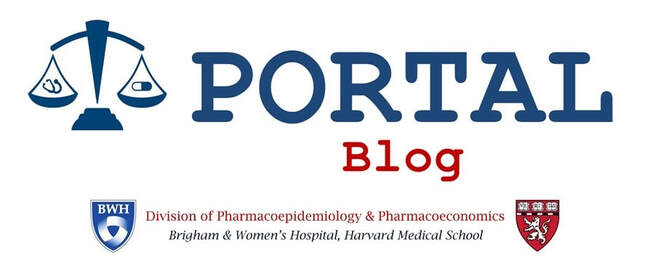|
Through the Accelerated Approval program, the FDA can approve drugs that treat severe or life-threatening diseases based on preliminary evidence of efficacy measuring changes to non-validated surrogate measures only “reasonably likely” to predict clinical benefits (i.e. how patients feel, function, or survive). Manufacturers routinely charge high prices for these drugs, and post-approval confirmatory evidence is frequently delayed. This has been highlighted by the recent accelerated approval of aducanumab for Alzheimer’s disease based on changes to a surrogate measure (amyloid plaques) but no clear effect on disease progression; the drug has a price tag of $56,000 per year, and the manufacturer has 9 years to perform confirmatory studies.
To address these concerns, some policy makers have proposed limiting prices for accelerated approval drugs until manufacturers demonstrate these drugs’ effectiveness on patient clinical outcomes, particularly for public payers like Medicare and Medicaid. For example, in April 2018, the Medicaid and CHIP Payment and Access Commission (MACPAC) endorsed a policy that would require manufacturers of accelerated approval drugs to pay higher rebates until their drugs’ efficacy on actual clinical outcomes is confirmed. In two new studies, researchers at Brigham and Women’s Hospital and Harvard Medical School evaluated spending on accelerated approval drugs in Medicare and Medicaid. The first study, published in JAMA Health Forum, focused on Medicare spending. We found that from 2015 to 2019, annual spending on accelerated approval drugs increased from $2.1 to $3.2 billion for drugs reimbursed under Medicare Part D (retail drugs) and from $2.7 to $5.9 billion for drugs reimbursed under Medicare Part B (clinician-administered drugs). Only 13% of this spending was on drugs exclusively marketed via accelerated approval; the remainder was spent on drugs that had at least one other non-accelerated approval indication. The second study, published in Health Affairs, focused on Medicaid spending and examined the impact of the recent MACPAC proposal to raise rebates for accelerated approval drugs. From 2015-2020, we found that Medicaid spent an estimated $6.7 billion on accelerated approval drugs; only one-third of this spending was on drugs exclusively marketed via accelerated approval. Requiring higher baseline rebates for these drugs could have saved Medicaid up to $5.2 billion over this 6-year period. The MACPAC proposal also recommended requiring higher inflationary rebates if accelerated approval drugs lacked completed confirmatory studies 5 years after approval; this would have generated smaller savings of up to $0.9 billion. The two studies demonstrate that drugs with accelerated approval make up a small but growing share of Medicare and Medicaid drug spending. However, policies aimed at lowering prices for accelerated approval drugs may have limited impact on overall drug spending. For example, the recent MACPAC proposal would likely save Medicaid less than $1 billion per year. Enacting policies to limit prices for accelerated drugs until they are proven to impact clinical outcomes makes a lot of intuitive sense, but our findings raise some important questions about how such policies would be implemented. For example, both studies found that most accelerated approval drug spending was on drugs that were also marketed for other indications via non-accelerated approval pathways. It remains unclear whether these drugs would be included in policies targeting high-priced accelerated approval drugs, and neither Medicare nor Medicaid reimburses drugs differently based on the reason they are prescribed. Benjamin N. Rome, MD is an Instructor of Medicine at Harvard Medical School and a faculty member at PORTAL. William B. Feldman, MD, DPhil, MPH is a postdoctoral fellow at PORTAL and an associate physician at Brigham and Women’s Hospital. Aaron S. Kesselheim, MD, JD, MPH is a Professor of Medicine at Harvard Medical School and Director of PORTAL. |
AuthorPORTAL Blog posts are authored by PORTAL faculty, trainees, and collaborators. Archives
January 2022
Categories |
|
Program On Regulation, Therapeutics And Law (PORTAL)
Division of Pharmacoepidemiology and Pharmacoeconomics 1620 Tremont Street, Suite 3030 Boston, MA 02120 |


 RSS Feed
RSS Feed
